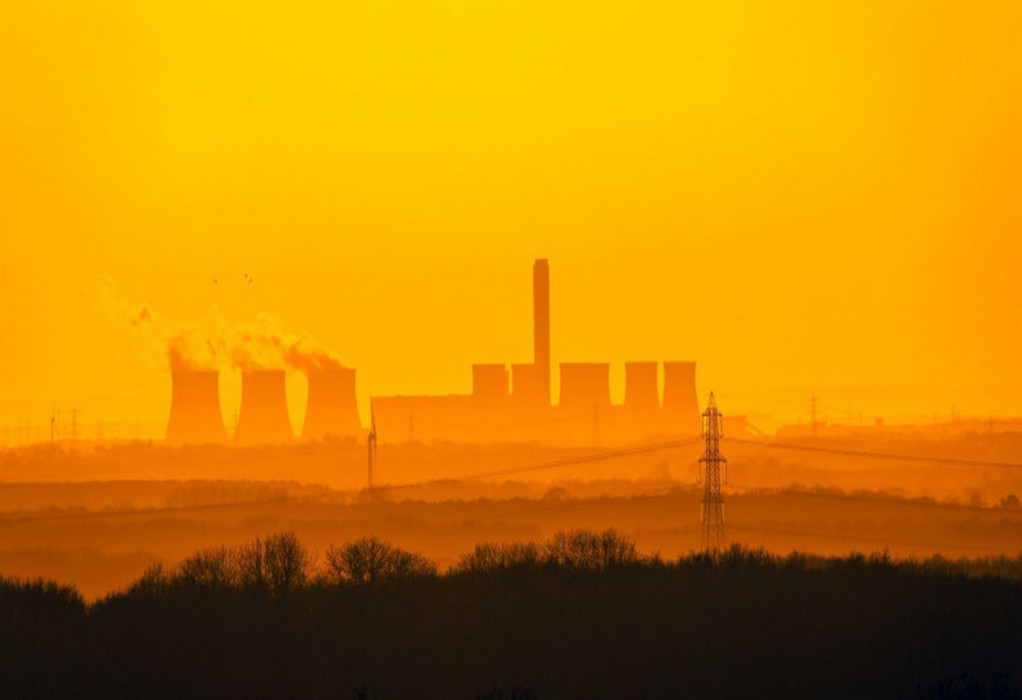The Centre is working on a national mission that will provide financial incentives to promote carbon capture, utilization and storage (CCUS) to help the country achieve its ambitious net-zero goals.
The Union power ministry, NITI Aayog and the office of the principal scientific adviser to the Prime Minister’s Office (PMO) are working on the mission, said NITI Aayog member V.K. Saraswat at the sidelines of the 32nd annual general meeting of the American Chamber of Commerce in India (AMCHAM India) in New Delhi.
He said one of the mission’s features would be to support the setting up of pilot plants that can capture 500 tonnes of CO2 per day.
In a presentation during the event, Saraswat showed that the region-wise CO2 storage potential in India during 2030-2050 across western, southern, eastern, north-eastern and northern regions would stand at 388.9 gigatonnes, 80.58GT, 76.3GT, 47.2GT and 7.65GT, respectively.
He said the need for government support in the form of tax credits may be assessed on a case-by-case basis.
He said that CO2 capture capacity of about 361 million tonnes per annum (mtpa) is under development globally. As of 2022, the global CCUS market size was $2.49 billion, and an annual growth rate of 13.3% is expected during 2022-2030.
CCUS involves CO2 capture, usually from large industrial sources like power generation or other industrial facilities that use either fossil fuel or biomass as fuel. If this is not used on-site, it is compressed and transported by pipeline, ship, rail, or truck to be used in a range of applications or injected into deep geological formations such as depleted oil and gas reservoirs or saline aquifers.
This technology can be retrofitted to existing power and industrial plants, allowing their continued operation. It is expected to play a crucial role in achieving the global net-zero targets. It’s gaining momentum in India since the government has set an ambitious target of achieving net-zero emissions by 2070.
According to the International Energy Agency (IEA) website, although CCUS deployment has been behind expectations in the past, momentum has grown substantially in recent years, with over 500 projects in various stages of development across the CCUS value chain.
Tags: CCUS, CO2, Niti Aayog



Recent Posts
Goltens Partners with Orcan Energy to Expand Marine Waste Heat Recovery Solutions
NWSA Launches First Incentive Program for Zero Emission Trucks in Washington
IHI and Vopak Partner on Ammonia Terminal Development in Japan
Chimbusco Pan Nation Completes First B30 Marine Gasoil Delivery in Hong Kong
ITOCHU Announces Newbuilding Order for Ammonia Bunkering Vessel
India Launches Incentive Scheme for Electric Trucks under PM E-DRIVE Initiative
Royal Caribbean Welcomes LNG-Fueled Star of the Seas to Its Fleet
Swire Shipping Launches ‘Voyage to Zero’ to Help Customers Cut Scope 3 Emissions Swire